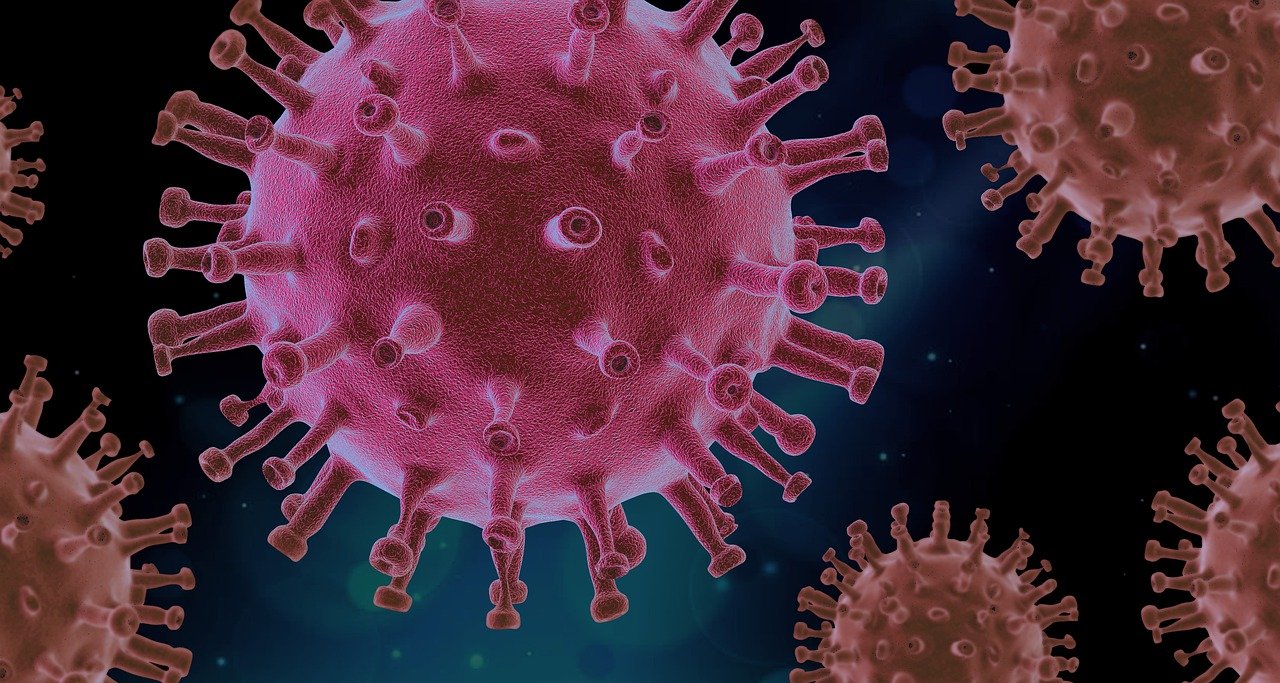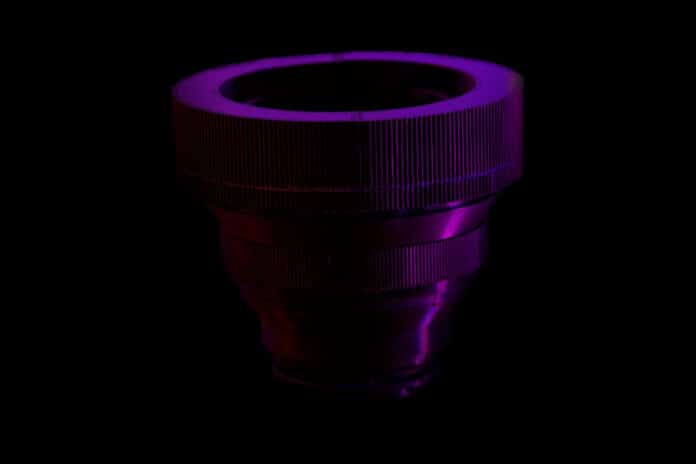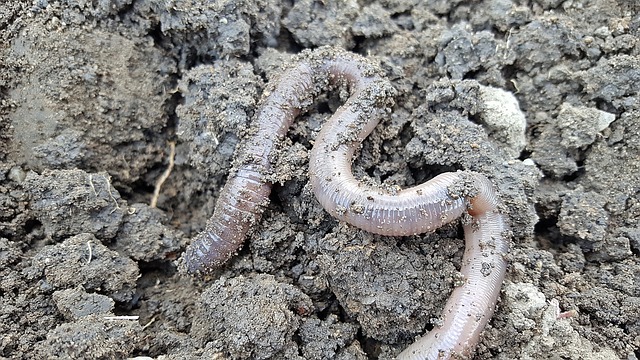An international team of scientists comprising acclaimed professors has published the findings of their long-term study regarding COVID-19 and the role of quality antibodies in the immune response.
As they conclude by collecting data from volunteers since the beginning of the pandemic, three encounters with the virus are enough for most to build an adequate number of high-quality antibodies.
The type of exposure to the COVID-19 spike protein doesn’t matter, so it could come from three times of catching the virus “in the wild”, two vaccinations and one infection, three vaccinations, or one vaccination and two illnesses. Also, the order doesn’t appear to make a difference in the result.
The immune response of those who have had three exposures of any type to COVID-19 was underpinned by high antibodies concentration in the blood, and a very strong binding strength of these antibodies to any variant of the SARS-CoV-2 virus.
These two factors play a crucial role in the fast neutralization of the infection, not allowing the virus to cause extensive problems on the person.
The omicron variant exhibited the most pronounced evasion from antibodies compared to all other COVID-19 variants. However, for those who had three exposures to the spike protein, the neutralizing activity of the immune system was adequately effective and still quick.
This study introduces a new vector in our understanding of immunization and proves that those infected with COVID-19 shouldn’t be treated as totally not protected. In fact, considering the vaccine shortages on the global scale, treating natural infections as vaccine doses could lift enormous chunks of the supply chain burden.
For example, based on what is suggested by this study’s findings, a person who got caught COVID-19 once, then got vaccinated with one dose, and then fell ill with the coronavirus again, should be considered boosted.
Study Proves That Three Encounters With COVID-19 Result in Persistent Immunity
By: | February 16th, 2022
More articles from Industry Tap...







